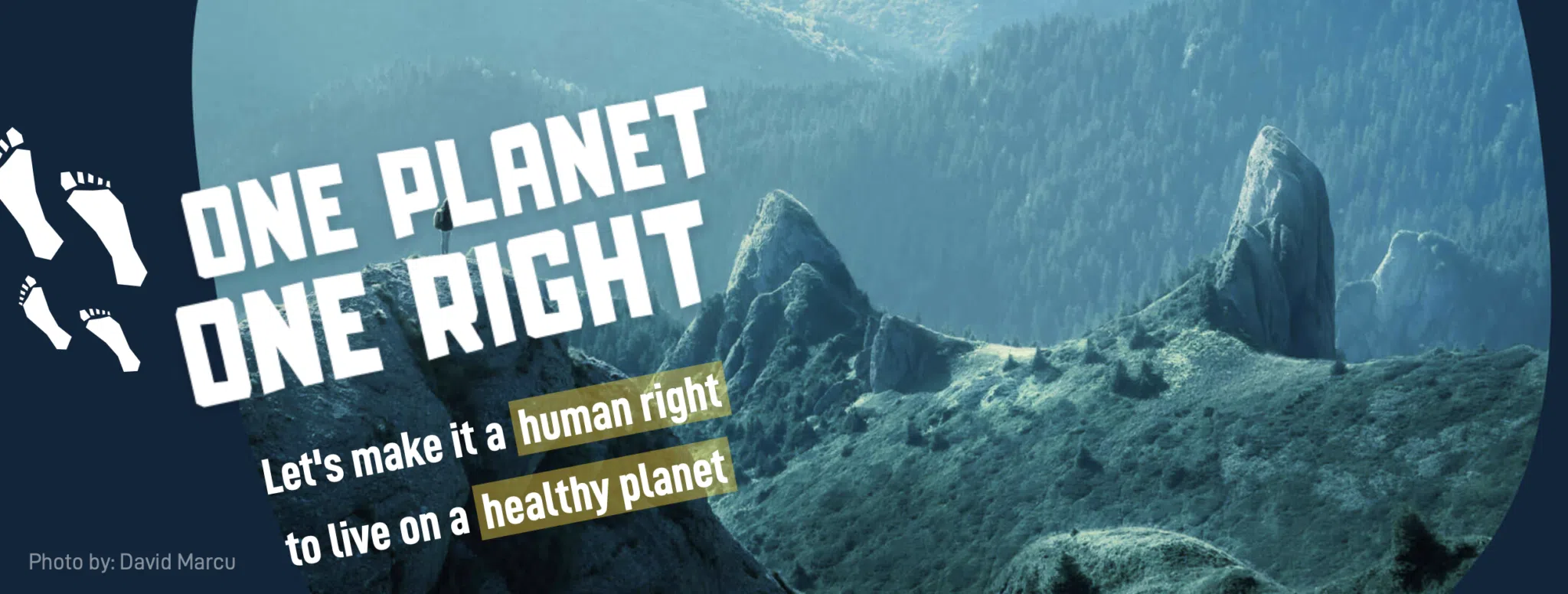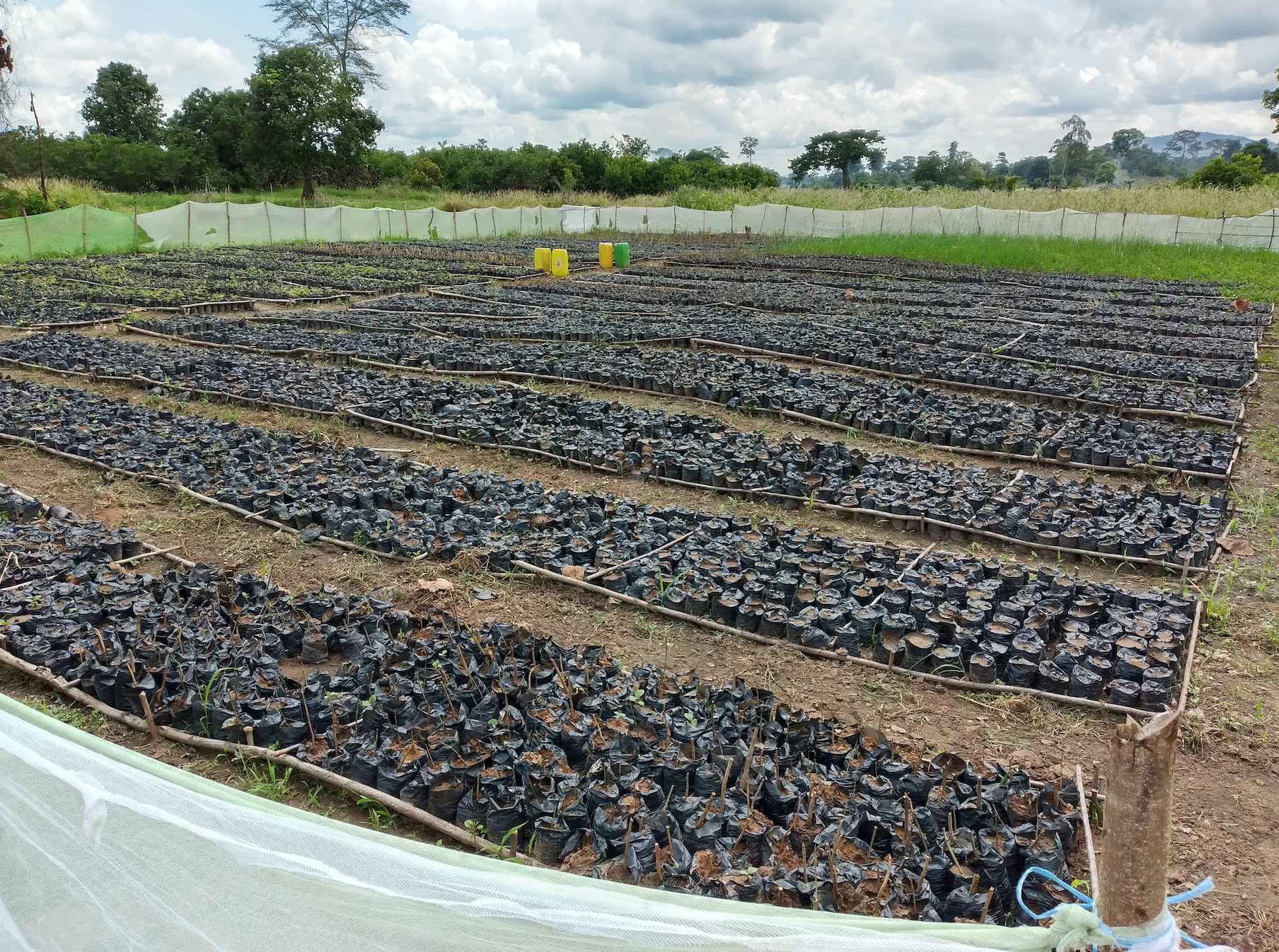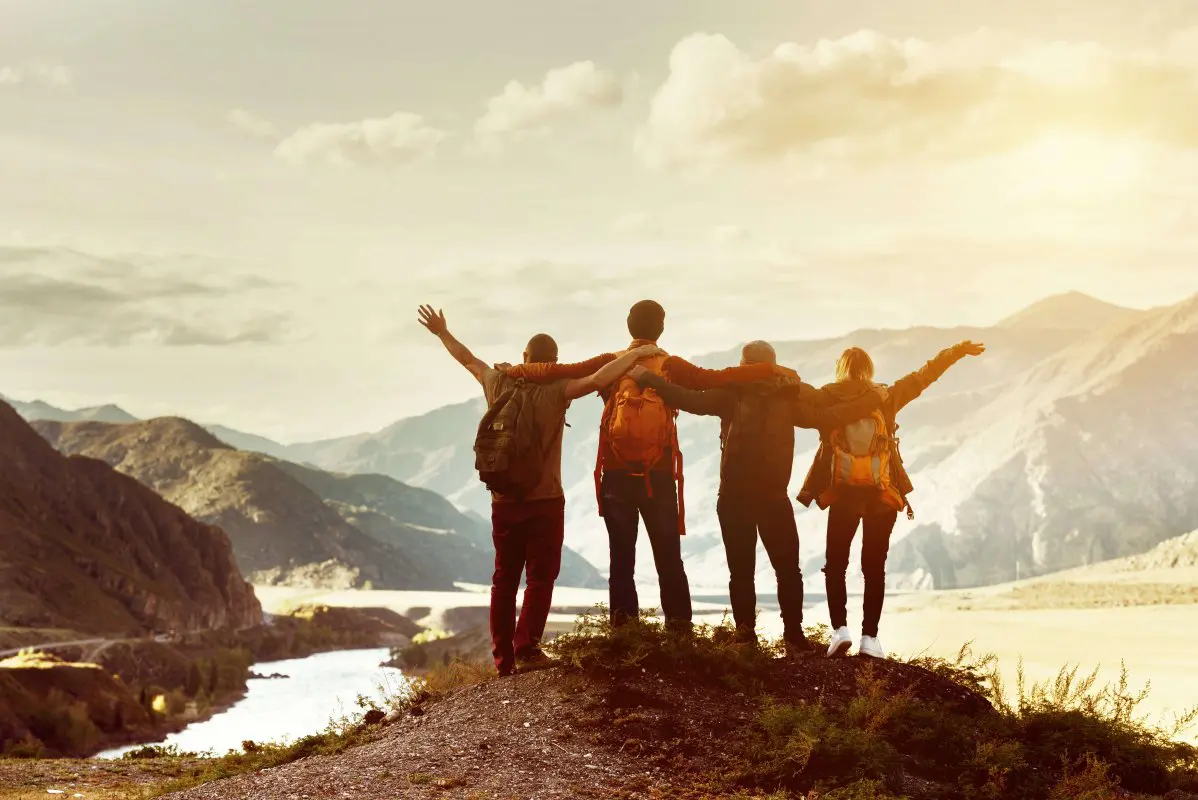#1Planet1Right: make it a human right to live on a healthy planet

It’s no secret that our natural world is in terrible shape. Our unsustainable system is causing climate chaos, putting over one million species at risk of extinction, and threatening human lives, livelihoods and wellbeing. BirdLife is mobilising people around the world to call for the UN to recognise the universal right to a healthy environment, as a basis for a nature-positive world for all.
As COVID-19 reminds us, the destruction of nature harms people directly. Lest we forget, we are part of nature, and we need a healthy planet to survive together. A post-COVID recovery must be a green recovery, with the human right to a healthy natural environment at its core.
To that end, on Earth Day 2020 we launched a long-term global campaign with our Partners to make it a universal right, recognised by the United Nations, to live on a healthy planet, and have now united with over 1350 (and counting!) other civil society groups to collectively make this call.
How can something as fundamental as life on Earth be treated with such neglect? We need to completely change the way we treat our home. We, as do all other living beings, deserve the right to a healthy natural world.
It may seem overwhelming, but it’s true: to emerge from these crises, to ensure our future and that of the planet, we need to entirely transform humanity’s relationship with nature. The right to a safe, clean, healthy and sustainable environment is already covered in constitutions and laws in a substantial majority of countries around the world, as well as regional systems. There is a growing legal system for implementing and applying the right, too. Making this a universal right recognises that everyone, everywhere should have this same right.
The right prompts countries to strengthen policies and legislation to take better care of nature and biodiversity. This has been shown to lead to cleaner air, greater access to safe drinking water and lower greenhouse gas emissions. It also provides environmental justice for communities that are exposed to degraded and dangerous environments, such as toxic air or disease.
Our campaign has been endorsed by diverse experts and influencers such as Dr David Boyd, United Nations Special Rapporteur on the human rights and the environment, and the renowned international justice barrister Prof. Philippe Sands, as well as groups such as Patagonia, Client Earth and the Global Pact for the Environment.
Now over 1350 human rights advocates, Indigenous Peoples, youth groups, climate activists, faith groups, environment and development organisations and social justice campaigners have joined forces in urging the UN to formalise this recognition and make it universal.
We have made great progress so far. In October 2021, the UN Human Rights Council voted resoundingly for Resolution HRC48/13, recognising the human right to a clean, healthy and sustainable environment. We are now calling for this right to be reaffirmed by the UN at the highest level, through a resolution at the UN General Assembly, and to integrate the right into related policy processes and mechanisms such as the post-2020 global biodiversity framework, currently being negotiated under the Convention on Biological Diversity. Finally, and critically, we want to see the right recognised in national constitutions, in legislation and/or through ratification of relevant treaties, and implemented at national level.
“It is time for global recognition of the human right to a healthy environment – recognition that can lead to stronger policies, at all levels, to protect our planet and our children.”Michelle Bachelet, High Commissioner for Human Rights, United Nations


